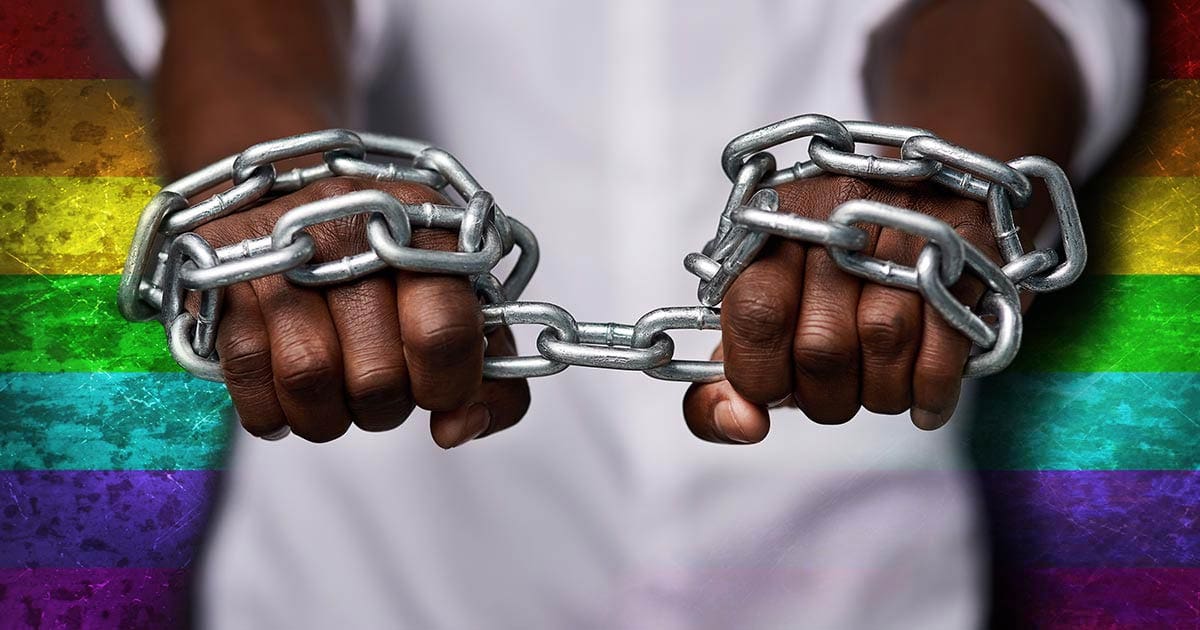Tunisia: LGBTI Community Under Fire Amid Wave of Arrests

Dozens of LGBTI people have been arrested across Tunisia in what’s been described as a severe crackdown on the country’s queer community.
According to the Tunisian NGO Damj Association for Justice and Equality, at least 84 individuals—mainly gay men and trans women—were arbitrarily arrested, detained, and prosecuted solely based on their actual or perceived sexual orientation or gender identity. The arrests occurred in the cities of Tunis, Hammamet, Sousse, and El Kef between 26 September 2024 and 31 January 2025.
Online Hate Campaign Fuels Wave of Arrests
Amnesty International reported that the surge in arrests followed a large-scale online campaign that began on 13 September 2024. The campaign spread homophobic and transphobic hate speech and discriminatory rhetoric targeting LGBTI activists and organisations across hundreds of social media pages, including those supporting Tunisian President Kais Saied.
Traditional media outlets amplified these inflammatory messages. Popular TV and radio hosts attacked LGBTI organisations, calling for their dissolution and the arrest of LGBTI activists.
“The recent spike in arrests targeting LGBTI people is an alarming setback for human rights in Tunisia. No one should face arrest, prosecution, or imprisonment based on their sexual orientation or gender identity,” said Diana Eltahawy, Deputy Regional Director for the Middle East and North Africa at Amnesty International.
LGBTI Individuals Targeted Under Discriminatory Laws
Those arrested have been detained and prosecuted under several provisions of Tunisia’s Penal Code. Article 230 criminalises same-sex relations (referred to as “sodomy and lesbianism”) and provides for up to three years’ imprisonment and a fine. Articles 226 and 226 bis criminalise “indecency” and acts deemed offensive to “public morals”, with punishments of up to six months’ imprisonment.
Saif Ayadi, a queer activist and head of programmes at Damj, told Amnesty that the actual number of arrests is higher than what Damj has documented. “Our numbers are based on the direct assistance we provide to members of the community; it is not exhaustive. When we used to have access to official prosecution numbers, we found that our documentation covered at most a third of those affected,” said Ayadi.
Gay men and transgender people are often arrested based on gender stereotypes, behaviour, or physical appearance. Lawyers representing LGBTI individuals report that police frequently seize and search phones without a warrant and unlawfully use digital evidence to prosecute them.
Entrapment, Blackmail, and Abuse by Security Forces
The criminalisation of consensual same-sex relations leaves LGBTI people vulnerable to police violence and abuse. Many are blackmailed, extorted, or subjected to sexual abuse by police officers who exploit their fear of arrest and prosecution.
Some individuals told Damj they were entrapped by security forces impersonating LGBTI people on social media and dating apps. These officers used threats of arrest, outing, or doxxing to extort money from their victims. Lawyers have also reported an increase in warrantless police raids on the homes of LGBTI individuals in 2024.
Men accused of engaging in same-sex relations are routinely subjected to forced anal “examinations” by medical doctors to obtain “proof” of same-sex sexual activity. Amnesty considers these examinations a form of torture and has called on Tunisian authorities to end the practice immediately.
On 3 December 2024, the El Kef Court of First Instance sentenced two men to one year in prison under Article 230. Both were subjected to forced anal examinations.
Activists Face Harassment and Prosecution
LGBTI activists and organisations are also under increasing pressure from the authorities. Queer activists Saif Ayadi, Assala Madoukhi, and Mira Ben Salah have been summoned for questioning several times, most recently in October and November 2024.
Mira is facing multiple charges related to her work with Damj and is awaiting the outcome of an investigation.
“Instead of harassing individuals based on gender stereotypes and entrenched homophobic attitudes, Tunisian authorities must immediately and unconditionally release anyone detained because of their actual or perceived sexual orientation or gender identity,” said Eltahawy. “They must introduce safeguards to protect the rights of LGBTI people.”
Leave a Reply